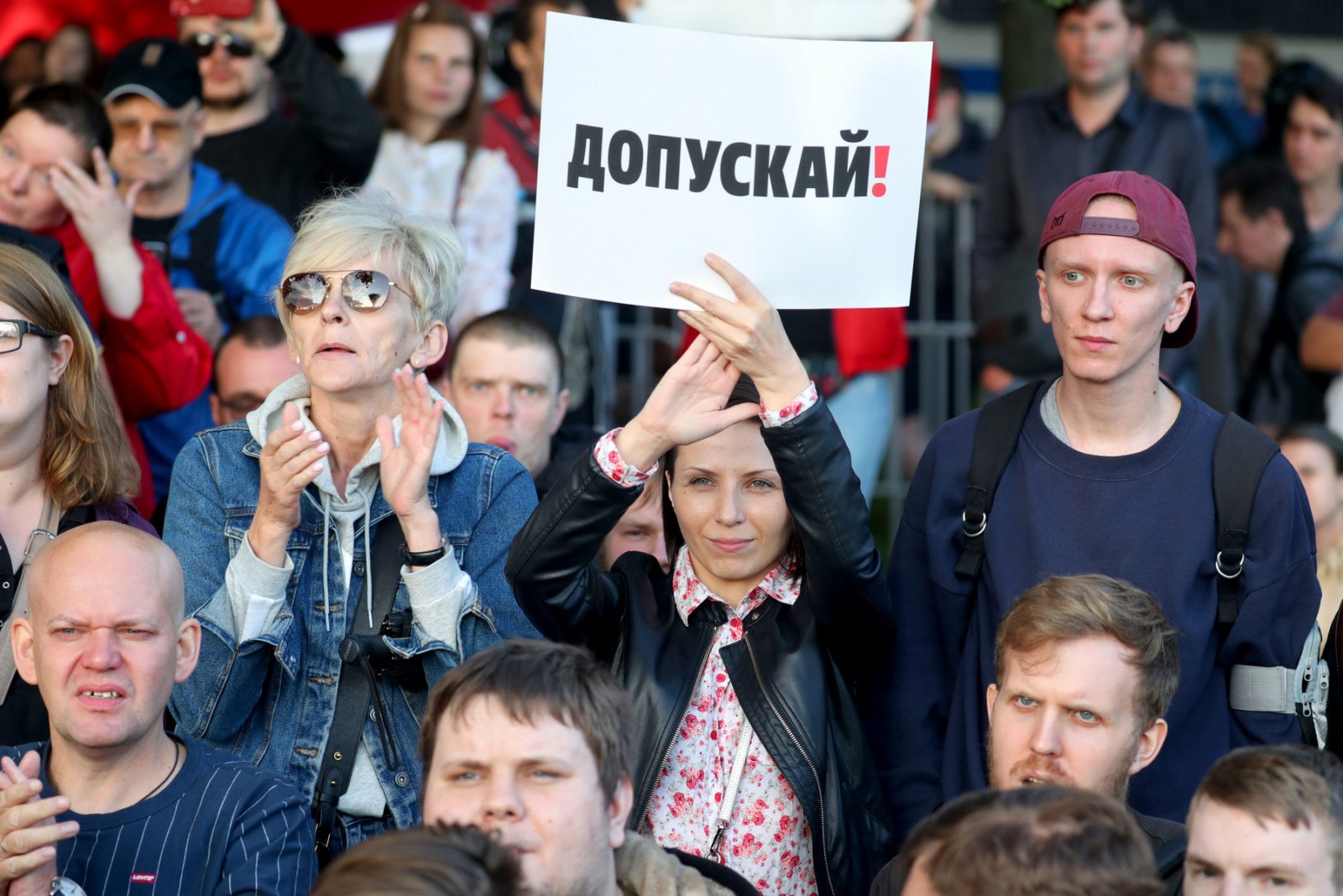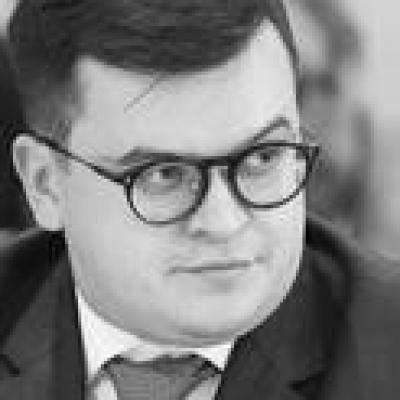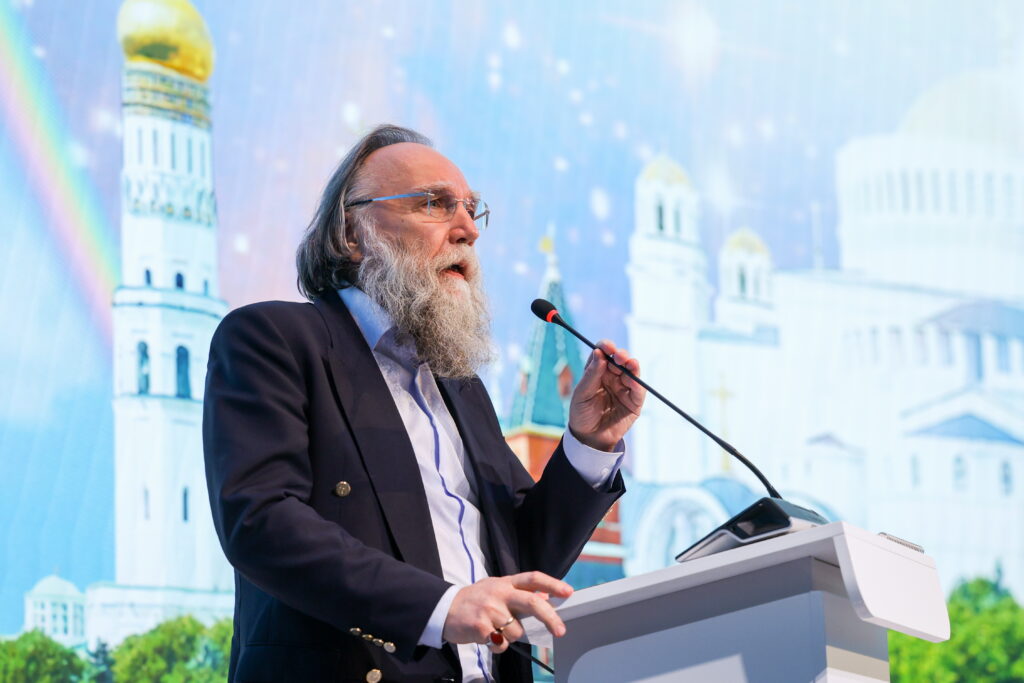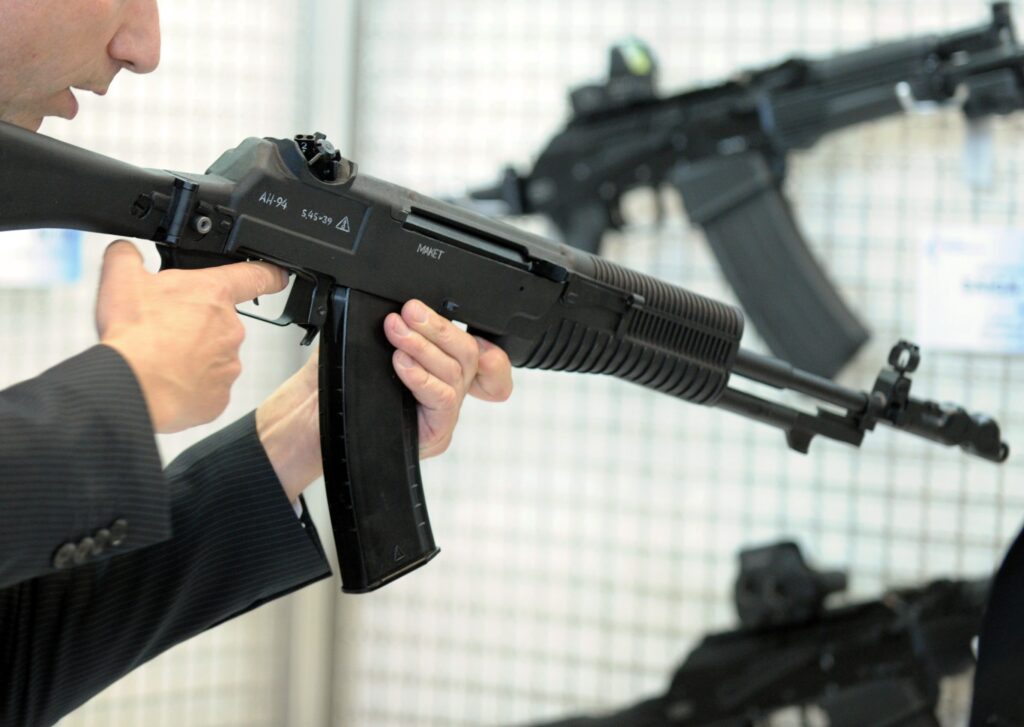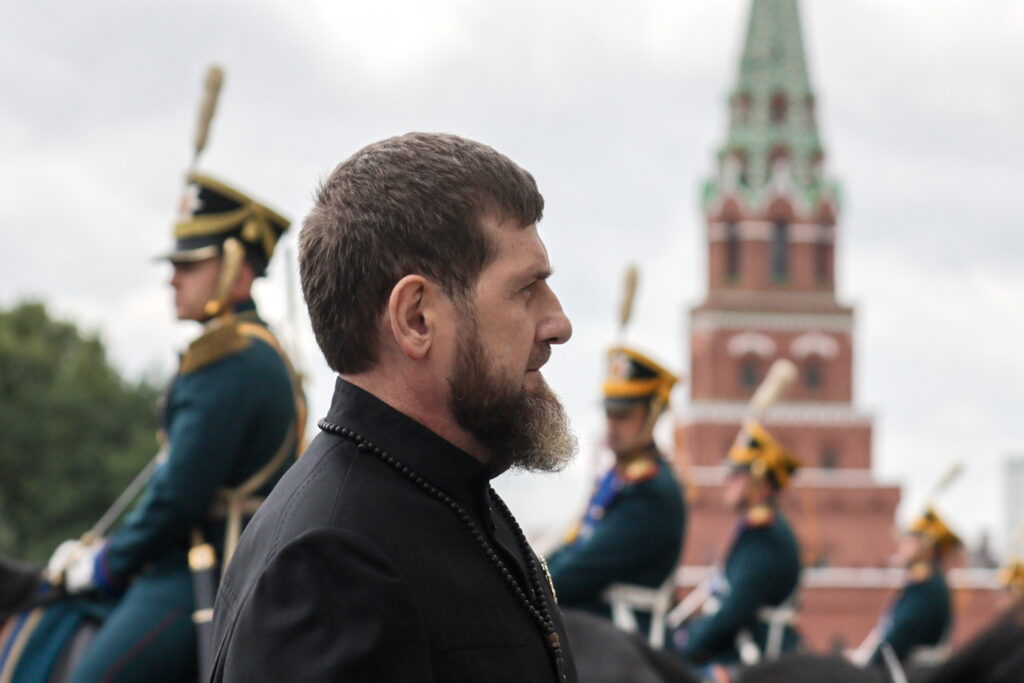For several weeks, Muscovites have protested en masse against the local electoral commission’s refusal to register well-known independent opposition candidates for upcoming local elections. Many of the protesters have been detained and arrested; some of them on quite fanciful pretexts. So far, criminal cases have been launched under the following articles of Russia’s Criminal Code: Article 318 (on the use of violence against state officials), Article 212 (on mass disorder), and Article 141 (on obstructing the realisation of electoral rights or the work of electoral commissions.) The first two articles are not newcomers in this context; they have been applied against protesters on several occasions. But to invoke Article 141 against protesters demanding free and fair elections seems exotic, if not absurd.
On July 24, a case under this article was launched by the main investigative department of the investigative committee’s Moscow branch due to ongoing protests outside the central electoral commission’s central offices in the city. A few months earlier, in February 2019, another case under Article 141 was launched in the Pskov Region. The catalyst was a leaflet by liberal opposition party Yabloko calling on residents to vote «against all» in the region’s gubernatorial elections in September 2018. In late March, the case was dismissed.
A light touch for electoral fraudsters
Both these cases look rather absurd given that Article 141 is clearly of little relevance. Article 141 consists of three parts. The first supposes that the suspect has actively prevented citizens from expressing their democratic will in an election, or interfered with the electoral commission and its members during the course of the vote. The second specifies punishment for these same actions, when combined with bribery, fraud, coercion, the use of violence, the abuse of an official position, or any of the above carried out as part of a planned conspiracy or by an organised group. The third part of the article specifies punishments for officials who attempt to interfere in the activities of the electoral commission in order to influence its decisions (regarding the registration of candidates, vote counting, etc.)
Thus the rationale of Article 141 is to protect voters from undue pressure and bribery, as well as guaranteeing the independence of electoral commissions. But reality interferes with its proper application. In fact, judicial statistics suggest that cases are very seldom initiated according to Article 141. This is presumably connected to the fact that most people who are involved in violating the rights of voters or interfering in the operation of the electoral commission are themselves officials from the executive branch of the Russian government. If applied consistently, Article 141 would have to be brought against members of district electoral commissions in St Petersburg or their colleagues in Irkutsk, who have deliberately obstructed the registration of candidates. It would have to be brought against the state-appointed handwriting experts who invalidated hundreds of signatures in support of these candidates, and against members of the electoral commissions in Moscow, who falsified the results of the signature verification process, on the basis of which candidates were refused registration. In short, Article 141 would have to be brought against countless municipal and civil servants who have taken advantage of administrative resources to rig elections.
In practice, implementation of the law is on a very modest scale. Russia’s current electoral commission began to operate in its current composition in 2016. Since then, according to data from the judicial department of the supreme court, courts have heard only 11 criminal cases featuring Article 141, involving 18 defendants. None of these cases led to a prison term for those deemed guilty.
One of these cases ended in the acquittal of the two defendants. In 2016, a criminal case was brought against two people who were accused of building a network of vote-buying in Karelia, including forming long lines at polling stations in order to prevent others from voting. They were acquitted given that, in the court’s view, their actions did not prevent other citizens from exercising their right to express their points of view in elections. The judge instead considered their misdeeds to fall under Section 16 of Article 5 of Russia’s administrative code, which concerns vote buying (as such, bribery of voters in no means constitutes a criminal offence in Russia.) However, in 2018 the two defendants were again prosecuted for the same incident, after which they were granted amnesty.
Furthermore, three cases were closed by the courts due to fines levied for the offences. In Russia, these judicial fines are penalties which a court can impose if the defendant is found exempt from criminal liability. They are applicable only on the first instance of the offence (that is, not for repeat offences), when the defendant has committed a crime of mild or moderate seriousness and has already made some amends or compensation for the damage caused by his acts.
How exactly these defendants could «compensate» for the damage caused by disrupting electoral rights remains unclear. The same question is raised by the trial of Maxim Shabunia who, in February 2019, was convicted in a court in the Jewish Autonomous Region. In 2013 when he was head of the village of Smidovich, Shabunia threatened candidates standing in village council elections, demanding that they voluntarily stand down. Despite the fact that one of these candidates obeyed Shabunia, thereby relinquishing under duress his right to stand for public office, the case was dismissed after the payment of a judicial fine of 230,000 rubles.
Two more cases concerned elections for the heads of municipalities in the Khabarovsk Region. An official did not come to office in direct elections, but as a result of a consideration of candidates by a special commission. The defendant had attempted to bribe members of this commission; the organiser of this act eventually had to pay a court fine of 150,000 rubles, and an accomplice 60,000 rubles.
Beating the vote buyers
The second part of Article 141 is applied not applied much more rigorously. Only 13 people in seven criminal cases have been held criminally liable under the provision over the past three and a half years.
The majority of these defendants (nine people in five cases) were convicted of bribing voters. An illustrative example took place in Karelia, where the Olonetsky district court found two local residents guilty of bribing voters. On September 13, 2015, one candidate running for the position of deputy of the Olonets city council convinced nine local residents to vote «correctly» in exchange for cash. His accomplice drove them to the polling station in her car and gave them each 500 rubles after they had voted. The former candidate was eventually given a suspended sentence of two years and six months, and the accomplice sentenced to perform mandatory labour.
Only two cases that resulted in criminal prosecution were not connected to bribing voters. For example, in 2016 the Soloneshensky district court in the Altai territory sentenced Valery Savchenko, senior manager of the Soloneshensky region’s local administration, to pay a 400,000 ruble fine. Given the circumstances of the case, this was an extremely lenient sentence. During the election of deputies to the district council, one candidate presented signatures he had collected from voters in his support. The electoral commission ruled that these signatures had been collected during an unacceptable period of time and with the assistance of municipal employees, in direct violation of electoral law. When the candidate was consequently denied registration, Valery Savchenko demanded that members of the commission overturn the refusal, threatening to dismiss them from work if they did not obey him.
In a further June 2017 case in the Novosibirsk Region, three members of the electoral commission (the chairperson of a district commission and two chairpeople of a local commission) received a conditional sentence of one and a half years’ imprisonment. After the court reinstated two candidates from the ruling party United Russia in the election one day before election day, the chairman of the district commission was unable to print new editions of the ballot papers; the chairpeople of the local commission then refused to accept the corrected ballots sent by the former on election day.
Not a single case on obstructing the electoral commission
It remains unclear precisely to what end Article 141 was invoked against attendees of July’s protest, nor which precise parts of the article feature in the accusations. Judging by the investigative committee’s website, it can only be assumed that the relevant section is part two; the website notes that «participants in one of the movements» attempted to put pressure on members of the Moscow city electoral commission and district electoral commissions to obstruct them in the course of their lawful duties. These actions, the investigative committee continues, «were fraught with threats of violence against members of the electoral commissions.» Following these statements, the law enforcement authorities arrested opposition leaders and started searches of their properties. The maximum possible sentence under part two of the article is five years in prison.
It takes a fertile imagination to regard the many diverse candidates from different social movements and political parties as «participants in one movement,» particularly given the spontaneous nature of the protests which saw thousands of citizens take to the streets.
It stands to reason that this new criminal case has nothing whatsoever to do with protecting voters’ rights. On the contrary; using a law which prohibits the obstruction of exercising electoral rights to persecute people who protested in defence of that very right is a sheer farce.
Nevertheless, we were unable to find a single case under Article 141 which would characterise street protests as an attempt to exert pressure on members of the electoral commission. In fact, such attempts would directly contradict another right guaranteed in Russia’s constitution: the right to express an opinion and to assemble peacefully and unarmed.
